Latest

A new type of dark matter could explain mysterious radiation from the Milky Way’s core
Dark matter could be composed of much lighter particles, with masses roughly ten times smaller than that of a proton.

Molecules found in wood could make pesticides more efficient
Scientists in Finland have developed a method that can achieve a tenfold increase in pesticide retention on farmed crops.

Does regular blood donation have long-term benefits?
Regular blood donation may reduce preleukemic changes in blood cells, promoting health benefits and helping blood cells respond to stress over time.

Exploring quantum gravity with pendulums
If experimentally proven that gravity is classical, we will have to start from the beginning in a search for a satisfactory ontological picture of the world.
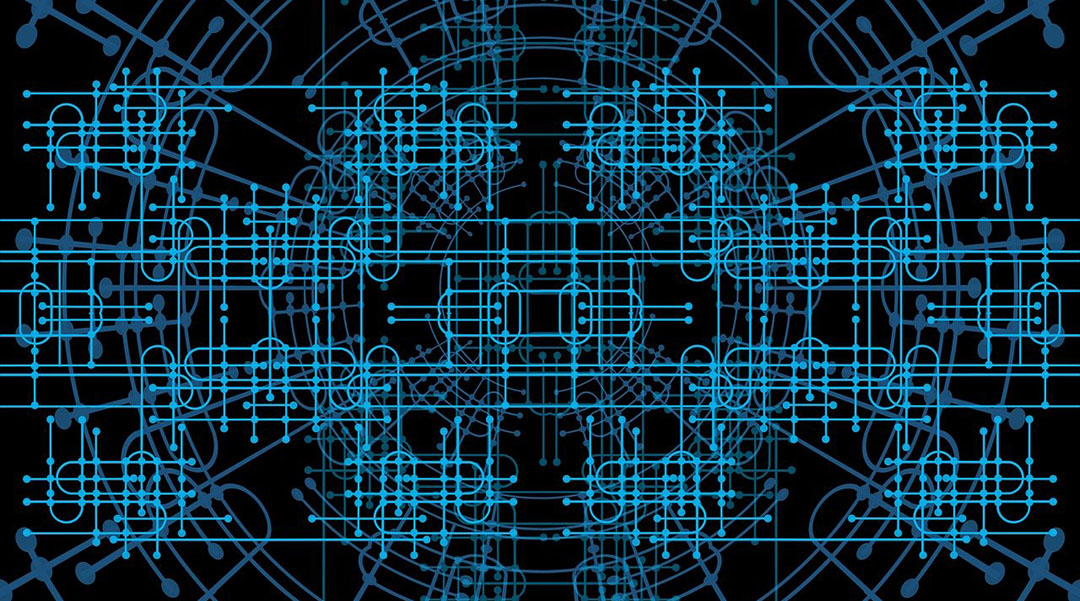
New algorithm unlocks the power of quantum machine learning
A new study targets feature selection, a key step in machine learning where the algorithm determines which parts of the input data are most relevant to making accurate predictions.

Speaking multiple languages may benefit children with autism
Study finds that speaking multiple languages may improve executive functioning and reduce autism symptoms in children.
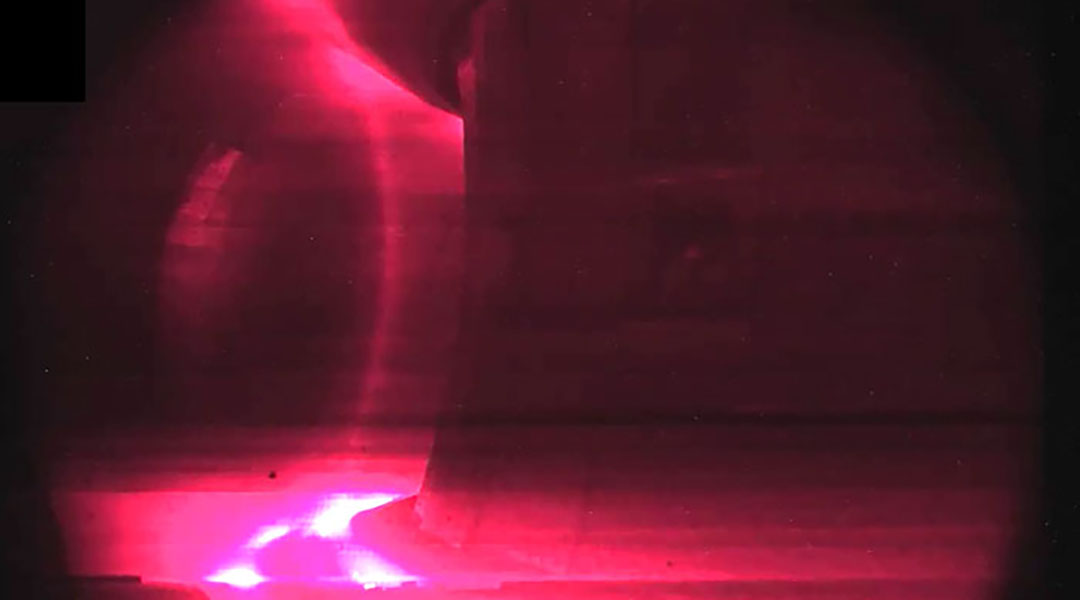
French WEST reactor breaks record in nuclear fusion
Scientists at the WEST tokamak in France set a new plasma duration record, bringing us closer to achieving nuclear fusion for clean energy.
ASN Weekly
Sign up for our weekly newsletter and receive the latest science news directly to your inbox.
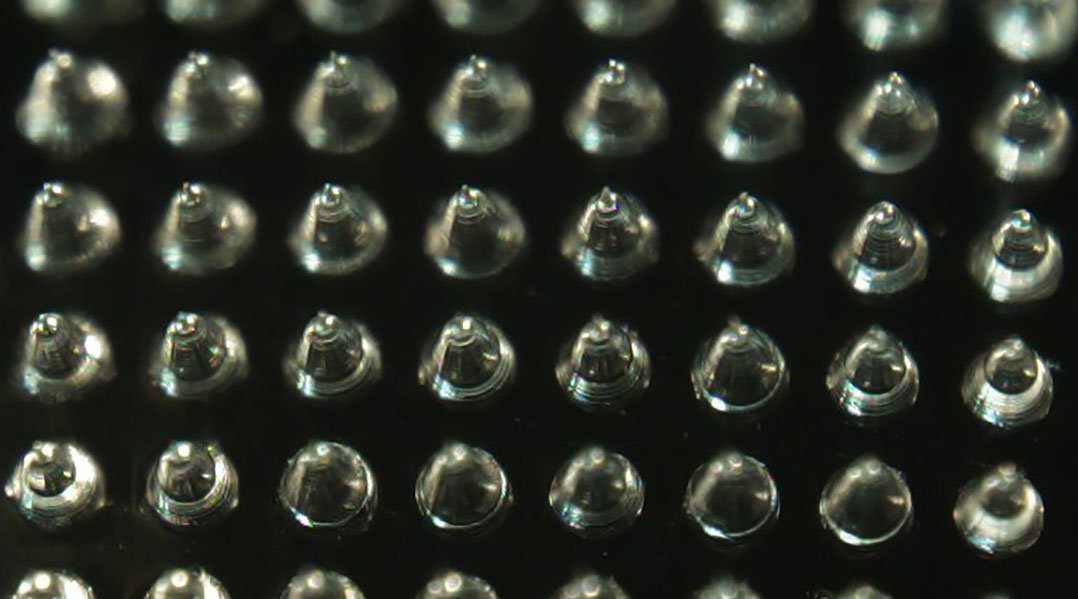
Silk microneedles could restore wound healing in diabetic patients
Microneedles allow scientists to precisely control the delivery of drugs to chronic wound sites and restore natural healing processes.
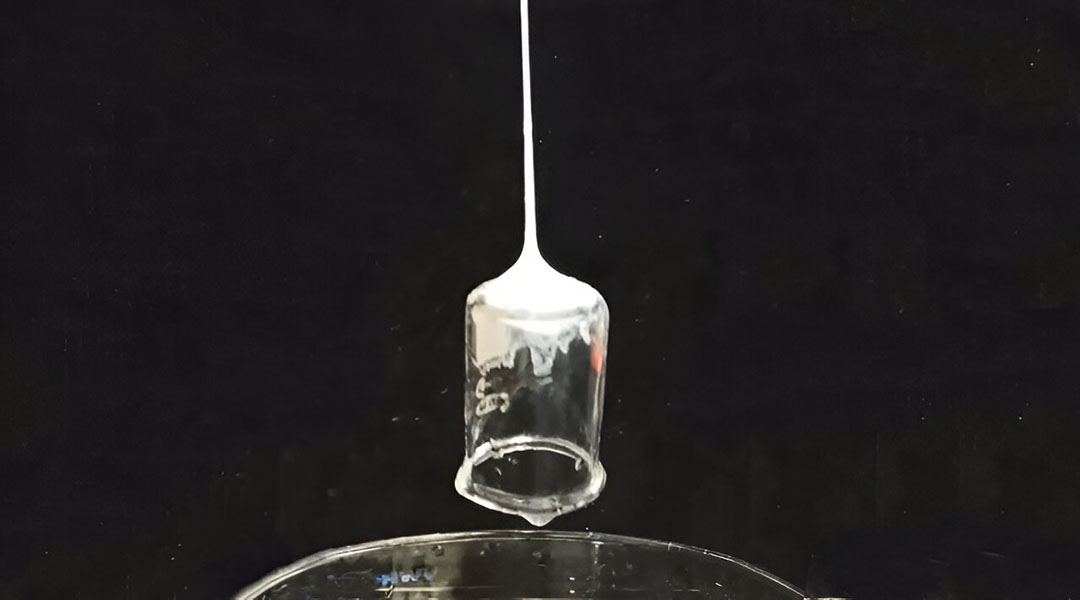
Scientists develop “web-shooters” tech inspired by Spider-Man
With great power comes great responsibility—even for real-life, superhero-inspired web-slinging tech!

ESO reveals spectacular “Dark Wolf Nebula” in time for Halloween
This image of a dark nebula creates the illusion of a wolf-like silhouette against a colorful cosmic backdrop.

Machine learning spots single photons to accelerate quantum communication
Machine learning is bringing forth the future of secure communication, swiftly identifying single photons that hold the key to quantum tech.
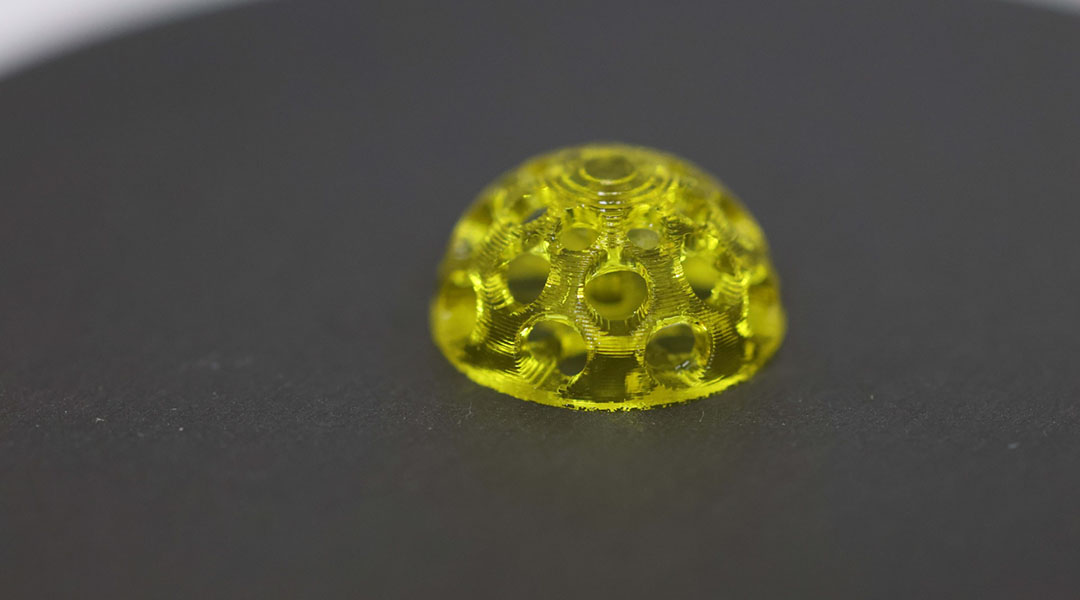
This 3D-printed breast implant could help stop breast cancer relapse
The customizable implant releases an anticancer drug in the presence of new tumors that might go undetected by MRI.
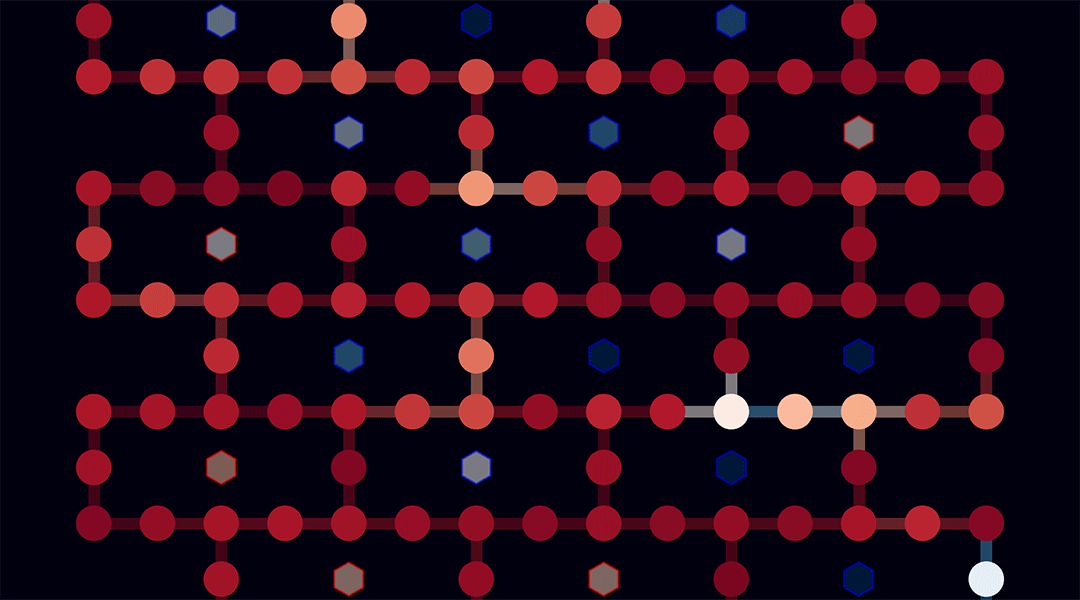
Which quantum computer leads the pack? Benchmarking entanglement could give the answer
Researchers have developed a new method to benchmark quantum computers by measuring their ability to create entangled qubit states.
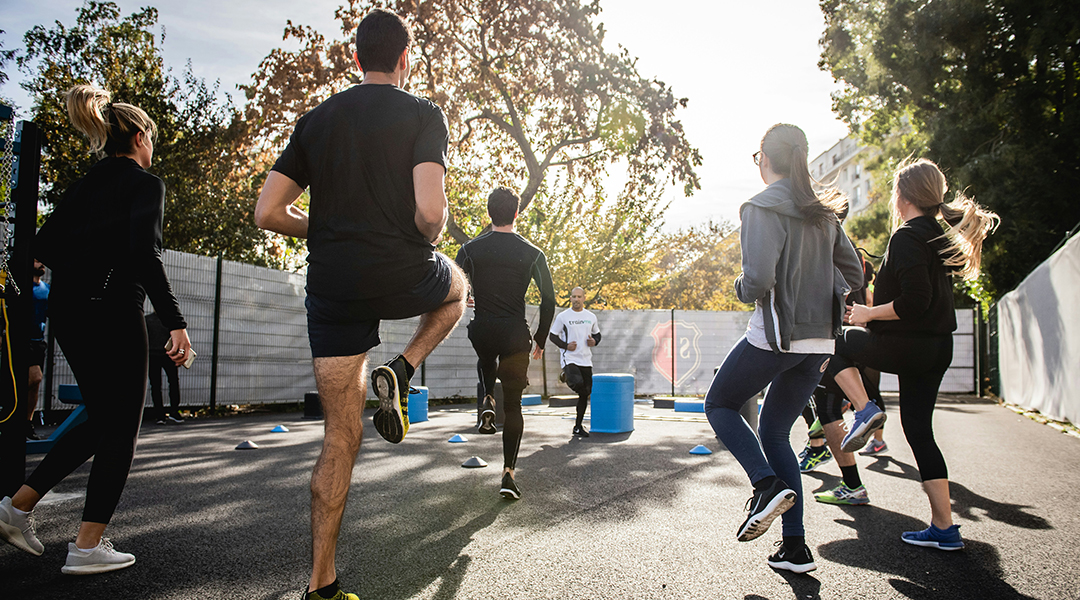
Why exercising early in life is key to keeping muscles strong as we age
Study shows that starting exercise early helps condition cells to preserve motor neurons before age-related loss.

Evolutionary biology explains why we make bad long-term decisions
A new study unveils why humans evolved to prioritize short-term gratification over better long-term outcomes.
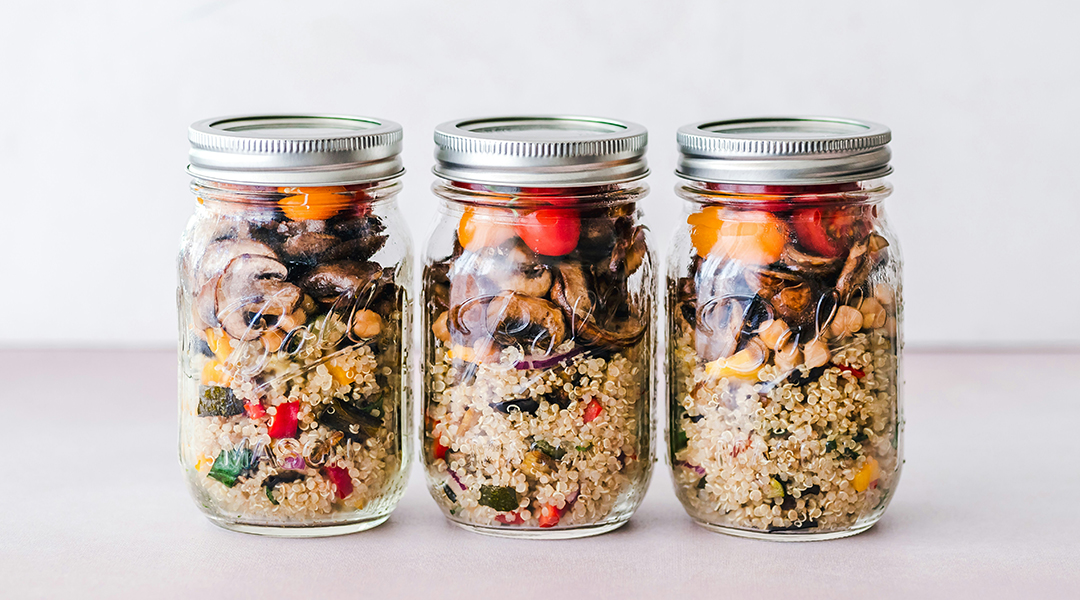
A bionic sensor “sniffs” out food freshness to cut down on waste
This visual sensor connects to your fridge and syncs with your smartphone, providing real-time updates to help reduce food waste.
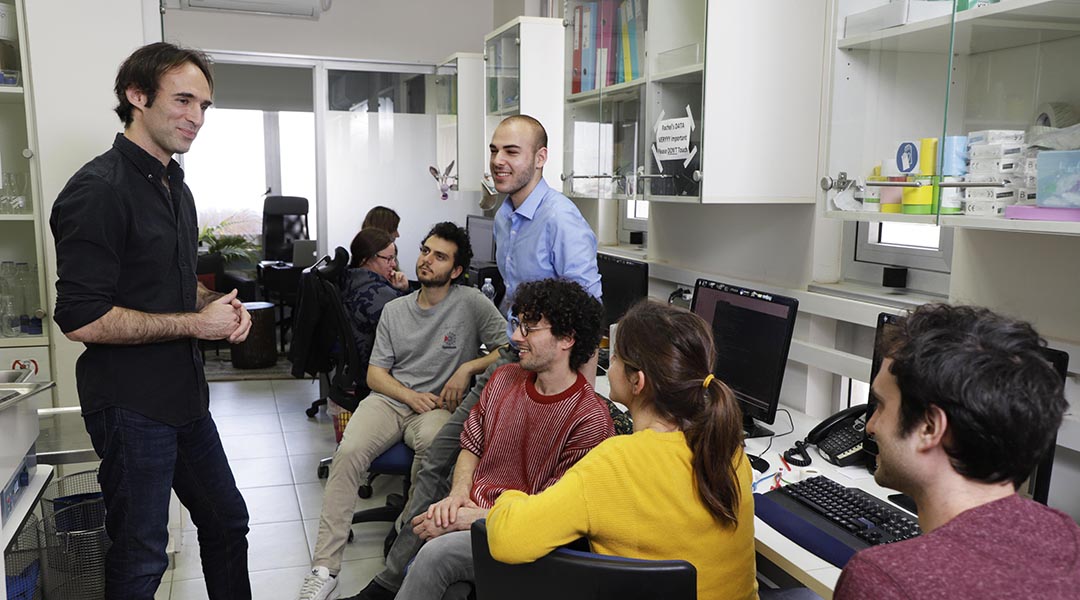
Oded Rechavi: “Do anything in your own style, the way you want to do it”
Neurobiologist Oded Rechavi investigates epigenetics, a curative use for brain parasites, and helped piece together the Dead Sea Scrolls using DNA.
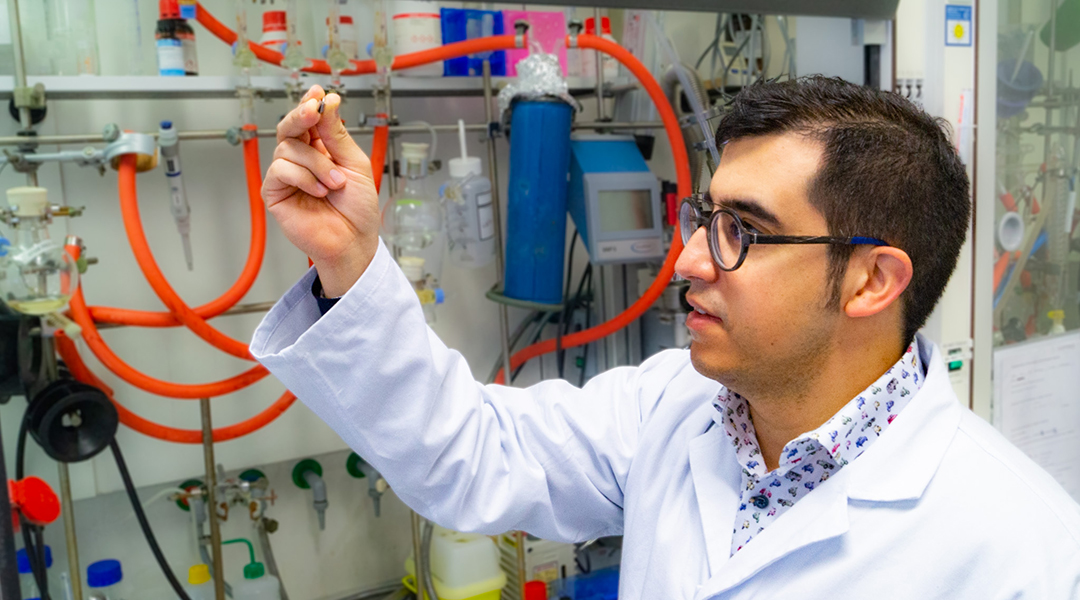
César Rodriguez-Emmenegger: “Be passionate, creative, and bold”
Through innovative, interdisciplinary work, chemist César Rodriguez-Emmenegger is seeking a way to communicate with biological systems.
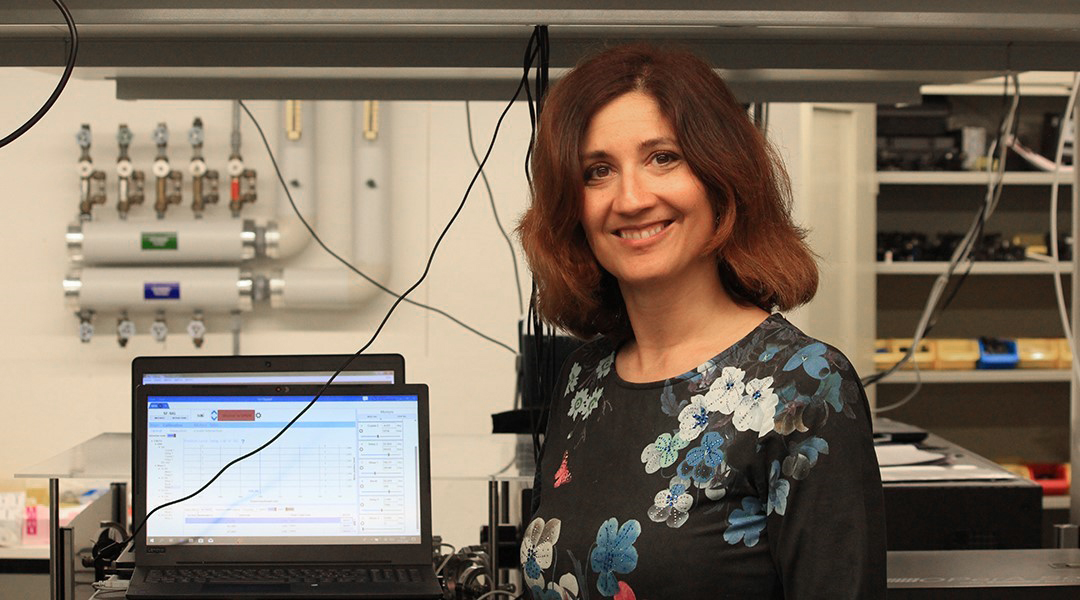
Natalie Banerji: “You do not go very far by yourself”
At the interface of light and matter, Natalie Banerji is using spectroscopy to advance technologies such as solar cells and bioelectronics.
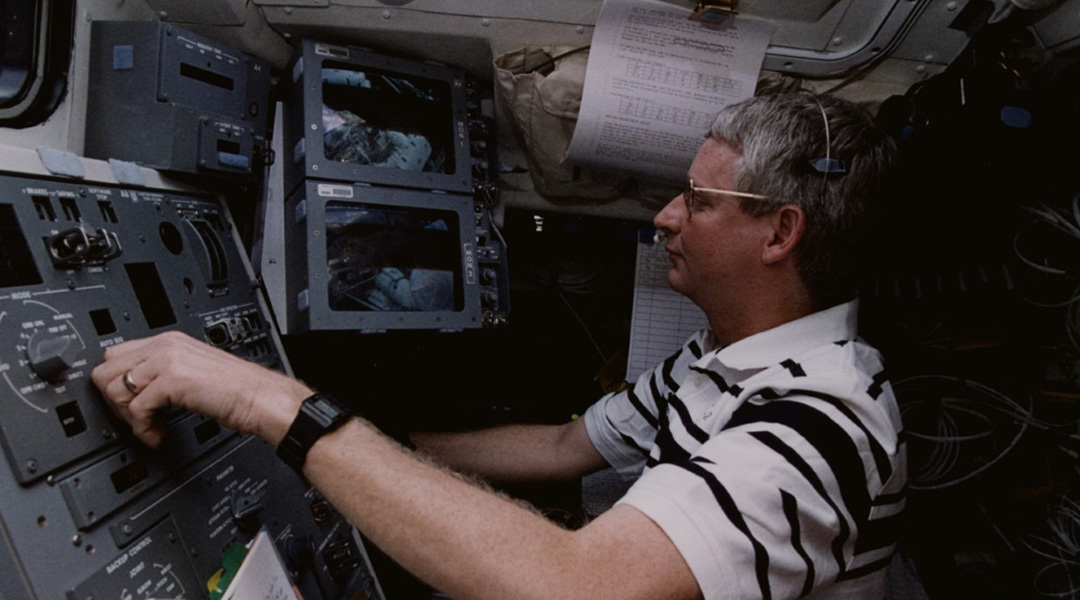
Steven Hawley: “I’ve always enjoyed the progress we made”
Astrophysicist and retired NASA astronaut Steven Hawley takes us through his fascinating career.
No Results Found
The page you requested could not be found. Try refining your search, or use the navigation above to locate the post.

Xenon gas protects brain cells against Alzheimer’s disease, clinical trial underway
Inhaled xenon gas reduced neuroinflammation, brain atrophy, and boosted protective neurons in mouse models of Alzheimer’s.
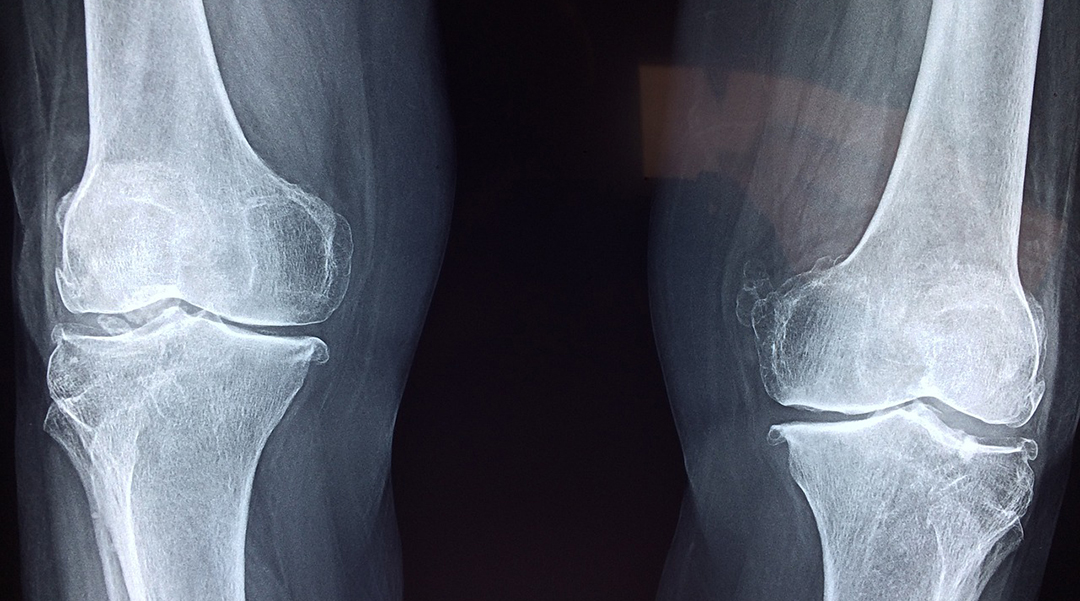
Chirality could be the key to successful bone repair
Bone implants integrate better with the body when they mimic the natural handiness of molecules that make up our bones.
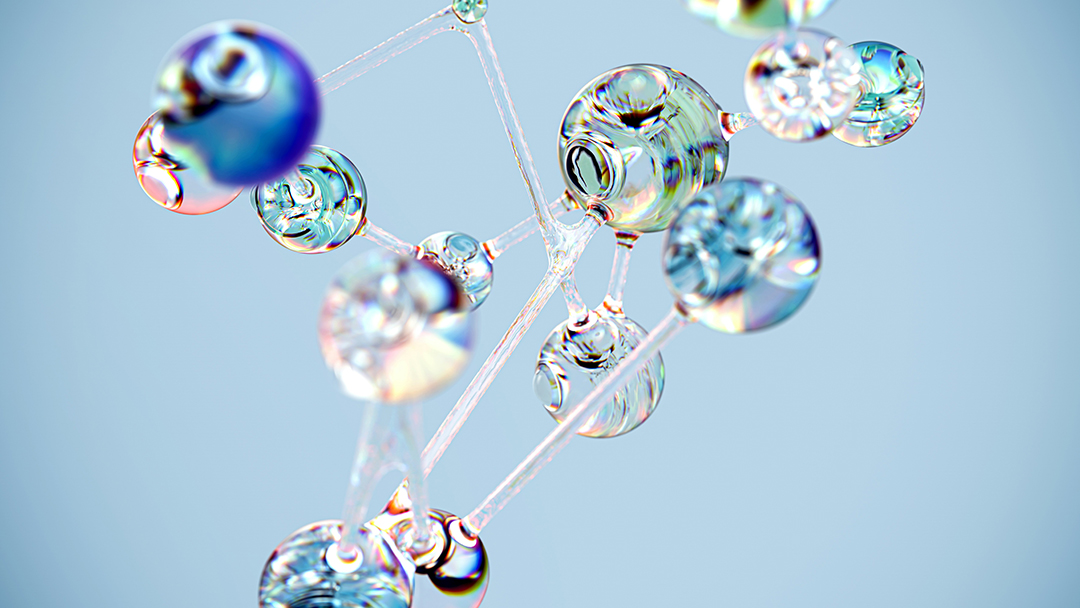
Computer system helps scientists understand how cancer could be reversed
BENEIN is a computer network that can identify the master regulators that cause normal cells to go cancerous.
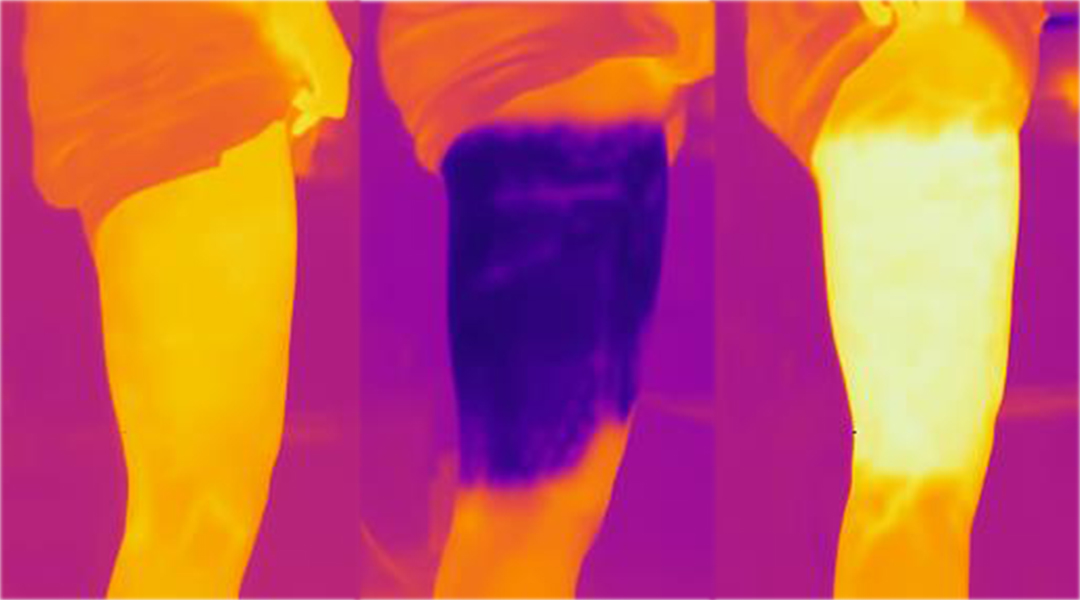
COOLWEAR: Water immersion therapy without waste
The fluidic wearable device is less wasteful when it comes to water, but equally effective alternative to water immersion therapy.

Study finds 75% of Facebook links shared without clicking or reading
People holding political extreme beliefs on either end of the spectrum were more likely to indulge in this behavior.
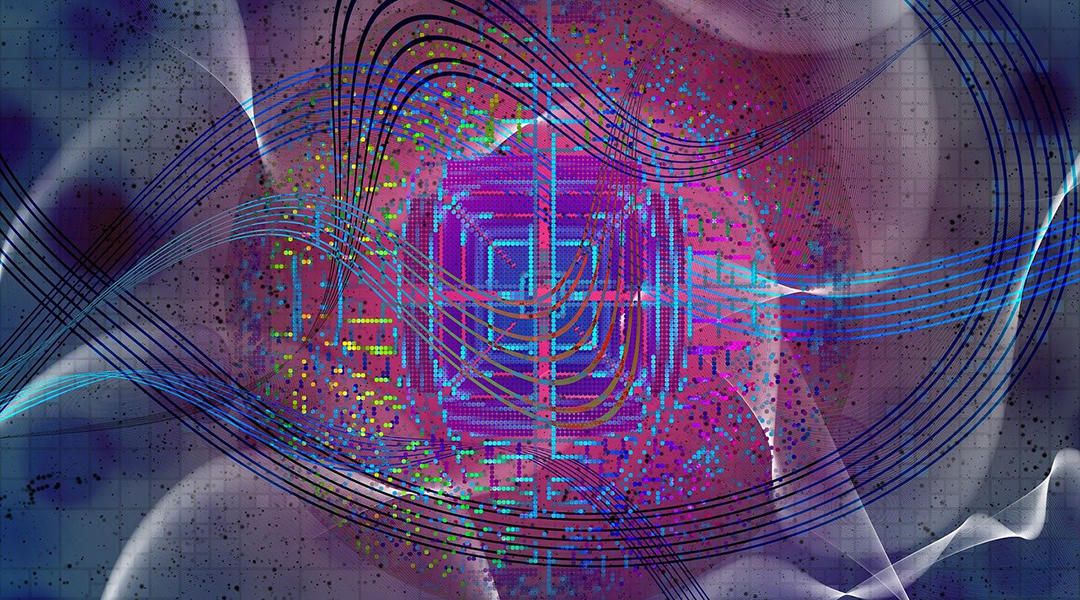
New antenna design promises major advances in quantum sensing
An antenna designed to create an optimized magnetic field puts electrons into the required quantum states for quantum sensing devices.
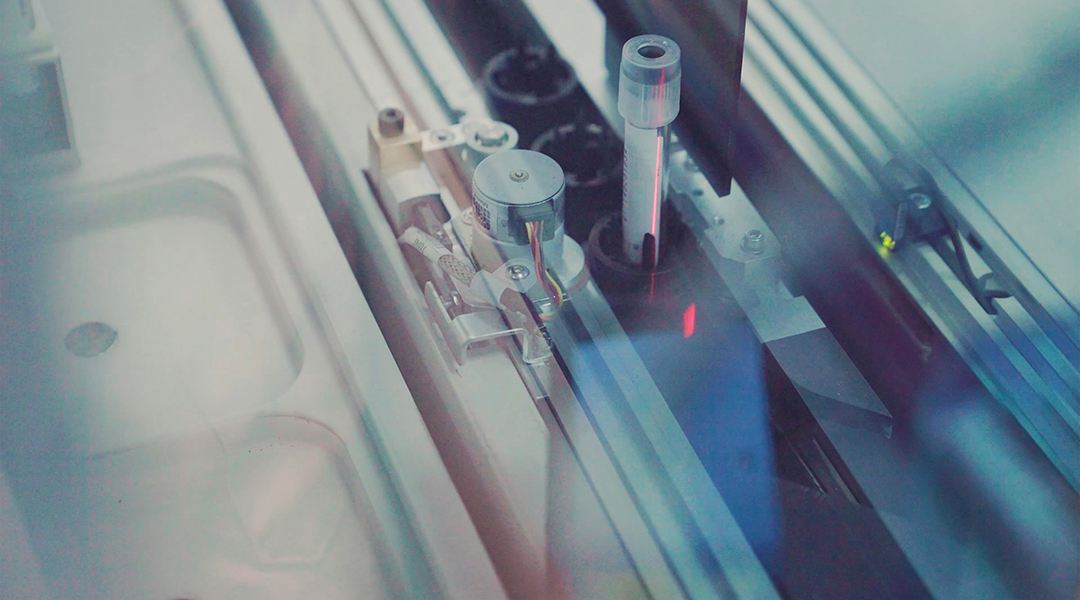
How do we balance the risks and rewards of using AI in the lab?
AI might be fast and efficient, but scientists still don’t know whether integrating it with cloud-based labs will be worth the rewards.
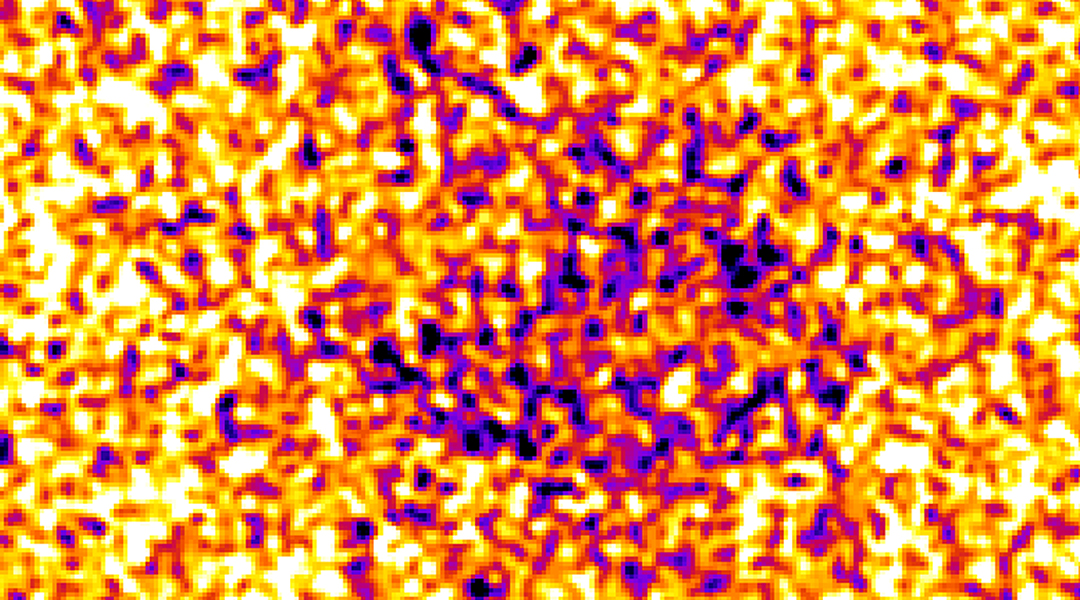
Live imaging of nanoscale biological processes achieved for the first time
Scientists have built a microscope capable of live imaging of biological processes in such detail that moving protein complexes are visible.
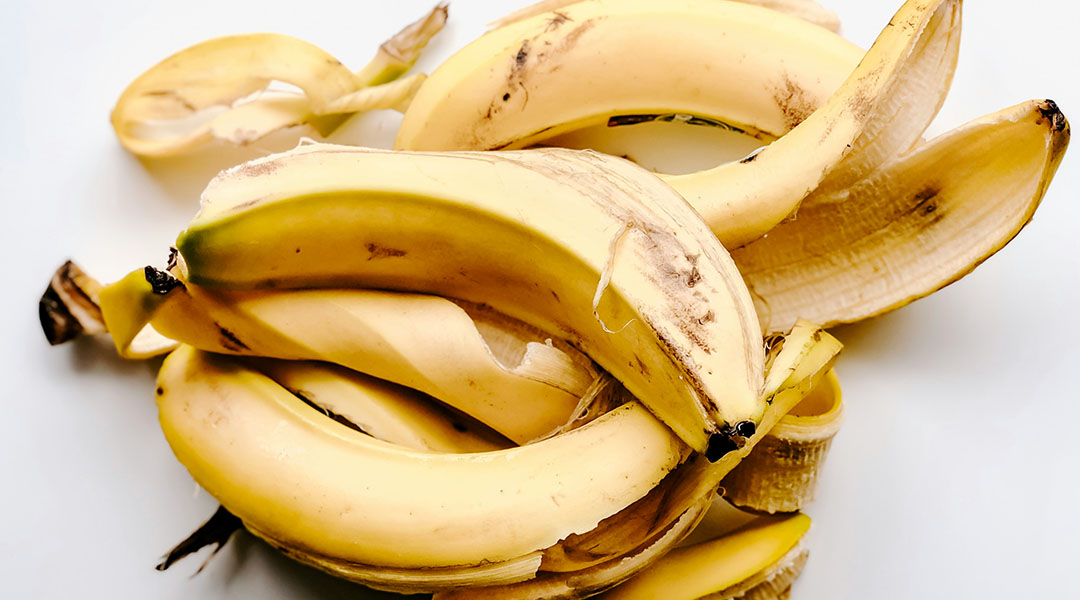
Turning banana peels and coconuts into clean energy
Researchers develop a device that generates clean energy from food waste, using banana peels and coconuts to power communities sustainably.

Scientists report airborne bacteria found in garbage may age our blood vessels
Pathogenic bioaerosols detected at household garbage collection sites may contribute to vascular aging with high chronic exposure.
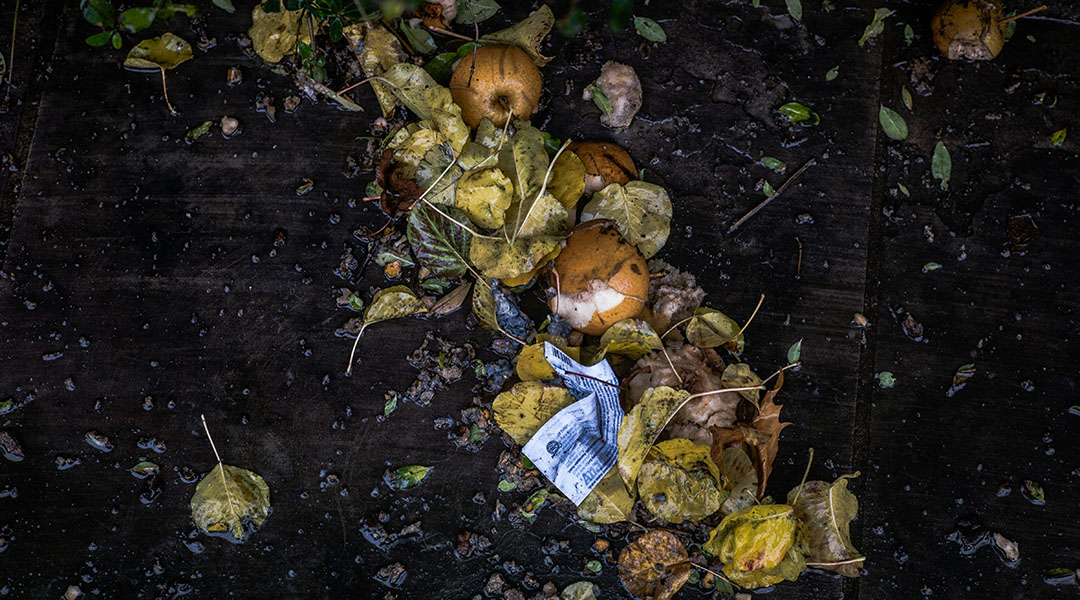
Biowaste finds new life in energy-harvesting devices
In the future, small electronics could be powered by fallen leaves, shed fur, and other waste materials found in nature.
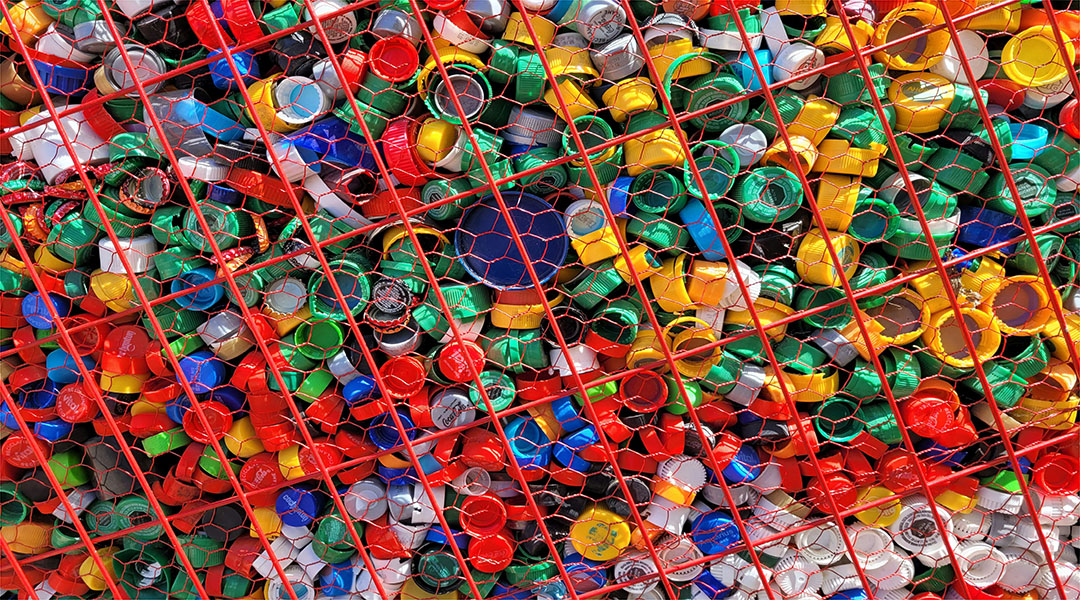
Bacteria in wastewater could be breaking plastics down for food
A common bacteria found growing on plastic in urban wastewater could provide new bioengineering solutions to clean up plastic waste.

CERN scientists search for new physics in unusual energy patterns linked to hidden particles
Researchers at CERN’s Large Hadron Collider explore subtle energy signals to search for new physics beyond the Standard Model.
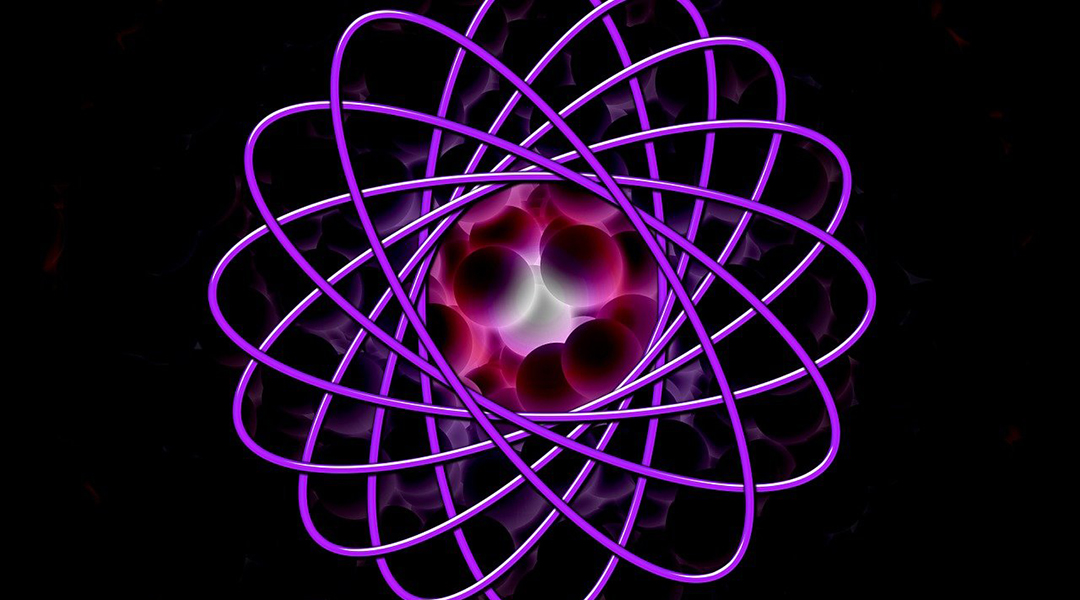
Scientists take a closer look at rare particles called hypernuclei
Scientists use cutting-edge techniques to study rare atomic systems called hypernuclei shedding light on subatomic forces and neutron stars.

Hollow planets could help find primordial black holes
Small primordial black holes could have consumed the interiors of planets or asteroids, leaving their outer shells intact.

Metasurfaces could shrink spectrometers, transforming how we observe the Universe
Metasurfaces to detect terahertz radiation are making spectrometers smaller, lighter, and more efficient for space travel.
